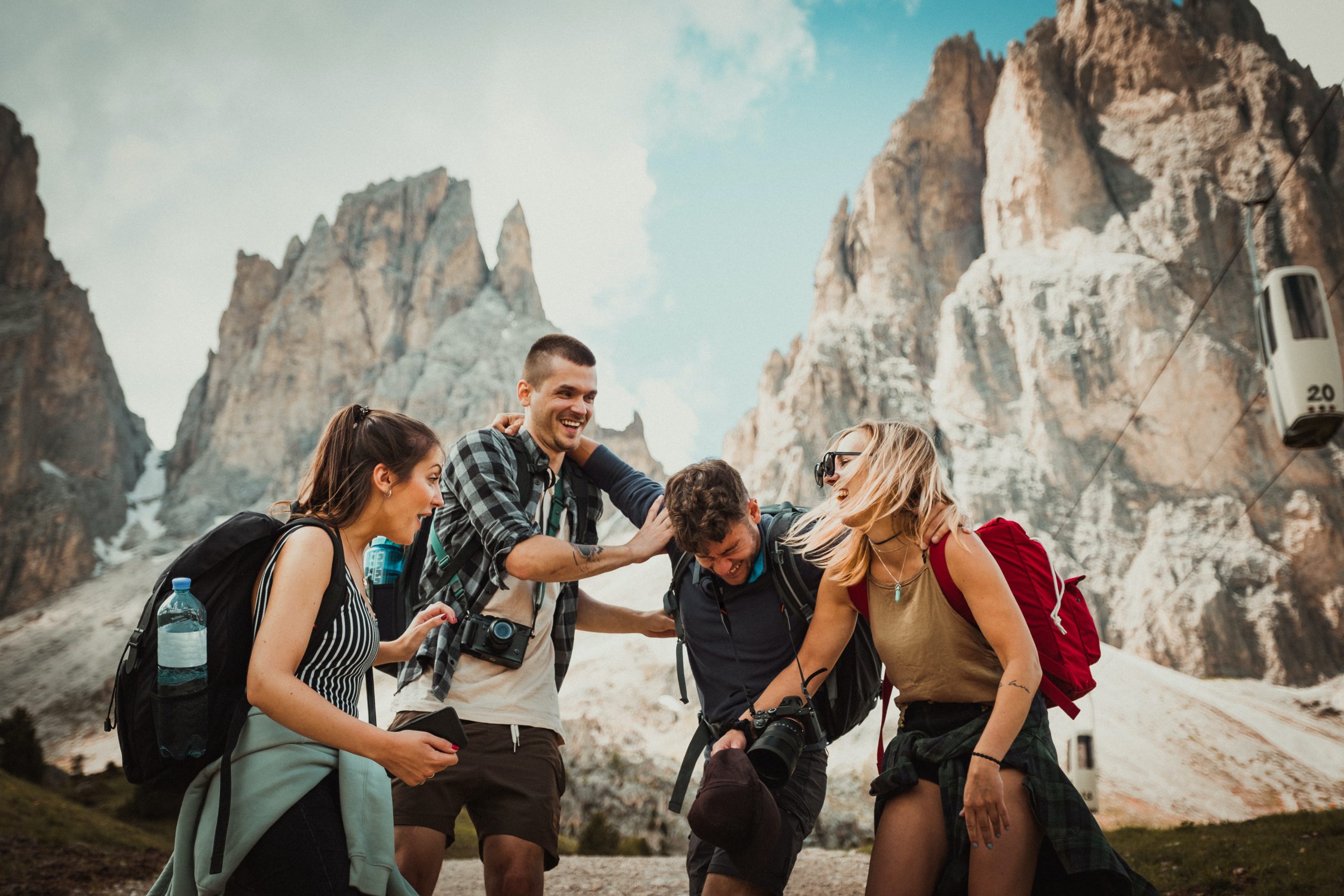By Jennifer McDougall
If you are on social media, you probably see the memes all day about people getting drunk, laughing about it, making jokes about blacking out, and waking up in strange places. I am shocked at how many likes and comments these posts get with people laughing and sharing with friends. It isn’t very comforting.
Today, our culture puts alcohol on a pedestal as if it is not ruining lives and causing people to sink deeper into depression, becoming suicidal, and disrupting the way we spend time together and connect.
“Excessive alcohol use is responsible for more than 95,000 deaths in the United States each year, or 261 deaths per day. These deaths shorten the lives of those who die by an average of almost 29 years, for a total of 2.8 million years of potential life lost.”- Centers for Disease Control and Prevention
When someone decides to get sober or becomes “sober curious,” it is hard to push past the temptations surrounding them. Constantly being encouraged to drink at holiday functions, celebrations, and events take more than willpower; it takes discipline, self-respect, and absolute courage to say “no” to pushy friends, family members, and co-workers. In addition, choosing to get sober in a culture obsessed with drinking and involving alcohol in many activities can feel overwhelming to someone new to sobriety.
Many people don’t understand why a person would not want to drink at a gathering and prefer sparkling water or a non-alcoholic spritzer instead of beer, wine, or a cocktail. The truth is that people who prioritize their sobriety over an evening of intoxicating decision making, potentially destructive behavior, and, let’s not forget to mention causing damage to their bodies- are displaying self-respect. They are caring for themselves and protecting their livelihood, all in the simple answer of, “No, thank you. I don’t want a drink.”
It takes a great deal of strength for people, especially newly sober ones, to say “No” when offered a cocktail at a crowded function or a holiday get-together. However, suppose you know the person is newly sober or has mentioned that they want to get sober. In that case, the polite and respectable thing is to offer any non-alcoholic beverage instead. Do not even tempt them.
Unfortunately, we live in a culture where if you don’t have a drink or join in on what everyone else is doing, people look at you funny or ask you many questions about why you’re not drinking. The answer should be simple, “I don’t want to.” Sure, you could elaborate, but why should you? Alcohol is the only drug you are questioned about why you’re not taking it. Isn’t that weird? I think so too.
If you feel alone in your struggle to get and stay sober, know that you are not. There are millions of people just like you who are experiencing the same or similar challenges. Therefore, it’s important not to isolate yourself but to stay connected to like-minded individuals who support you and listen to what you need to remain in the healing path of sobriety.
When you have committed to making changes in your life, improving your relationships, and gaining mental clarity, free from substance abuse, Passages is here to help you implement those changes with holistic healing methods. Our treatment program focuses on more one-on-one therapy than any other treatment center in the world. We pride ourselves on our ability to help you transform your mind, body, and spirit so that when you graduate from our program, you can have the confidence you need to deal with high-pressure situations that come with living in a culture that is obsessed with drinking.
How to Contact Passages Addiction Treatment Centers:
Call Passages Addiction Treatment Centers today if you or a loved one is battling an addiction to drugs and alcohol. Our admissions department is available 24/7 and can be reached directly by calling our toll-free number at (888) 397-0112. We look forward to speaking with you soon.
Passages, Where Addiction Ends and Life Begins™

Featured photo by Felix Rostig


